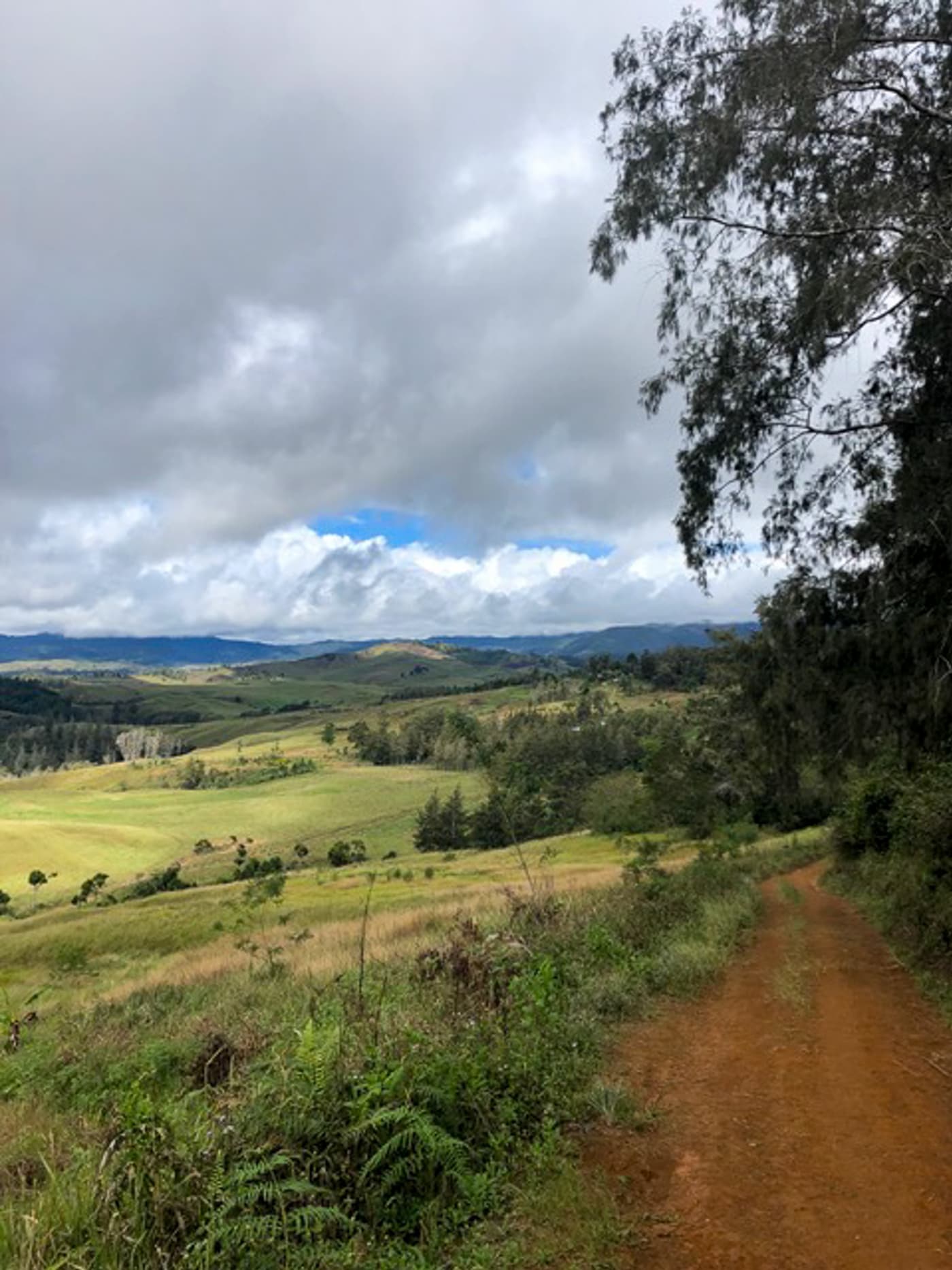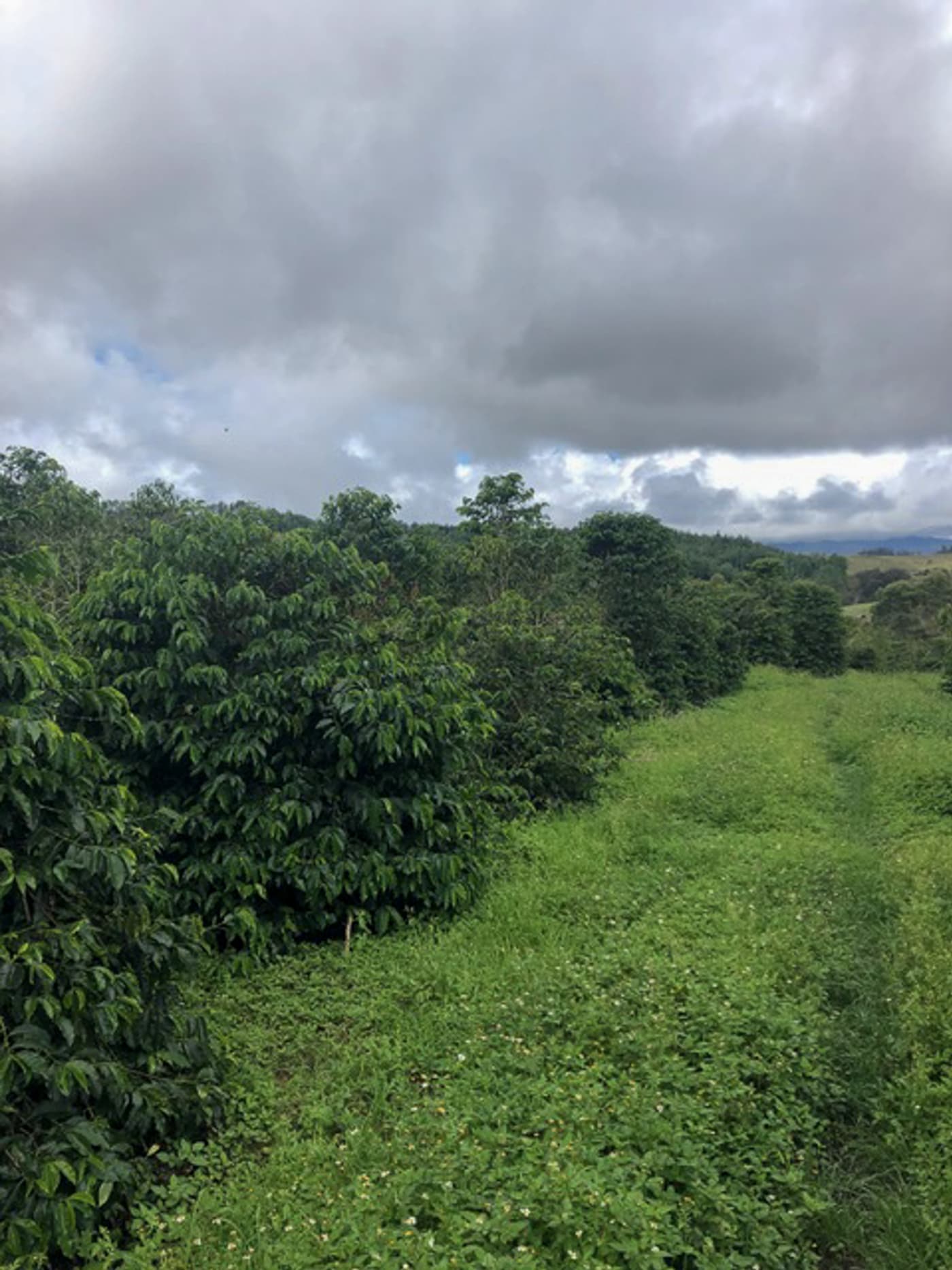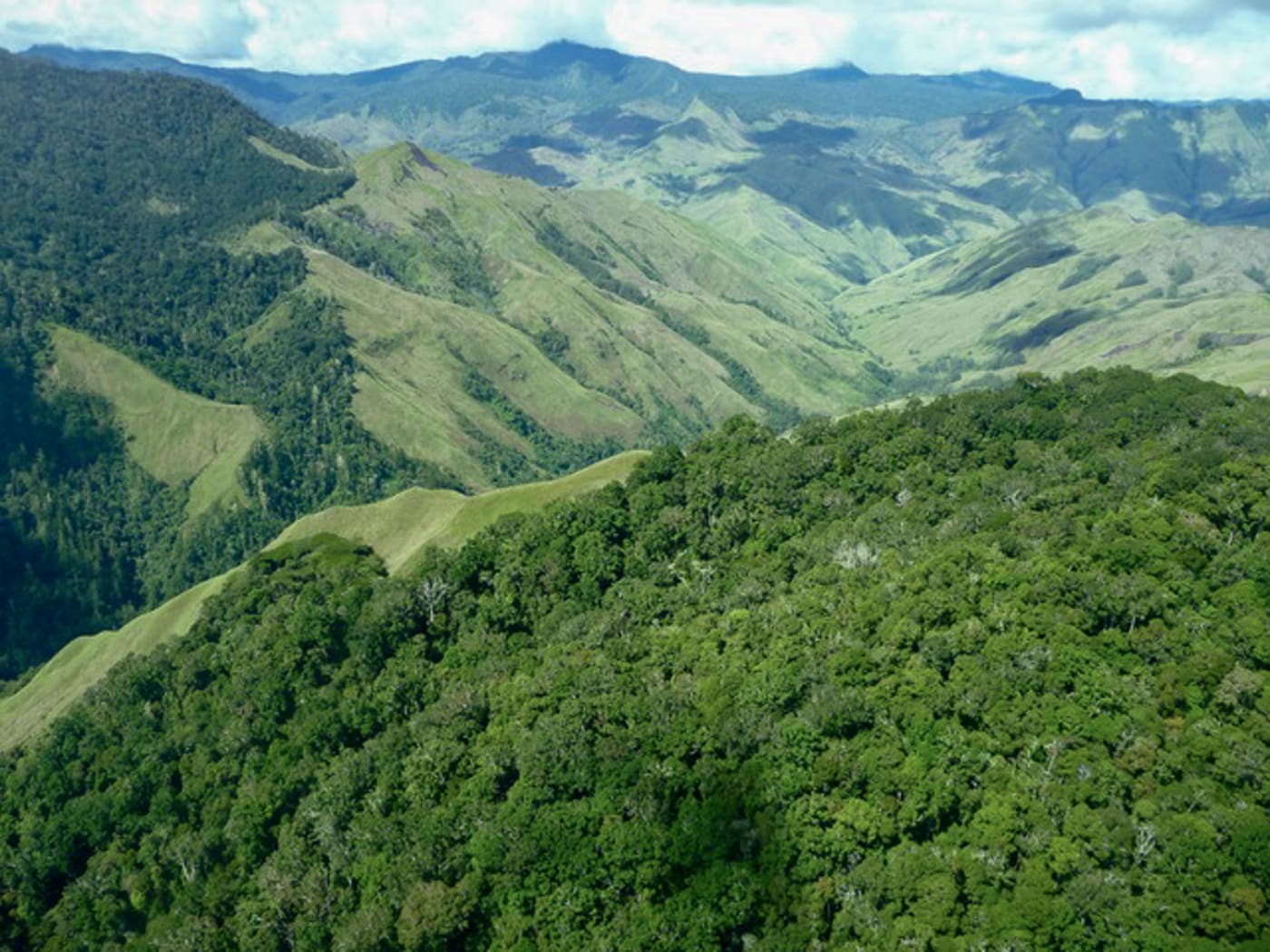About this origin and area
Papua New Guinea (PNG) is a relative newcomer to the specialty coffee scene. The remote locations of the nation’s smallholders (who produce 85% of total coffee in the country) combined with historically-poor infrastructure, have made the transition to specialty difficult. Nonetheless, the country is working towards innovative solutions that will hopefully lead to better quality coffee and improved livelihoods for the nation’s smallholder coffee producers.
Baroida Estate sits in Papua New Guinea’s Eastern Highlands, in the Kainantu District. The estate is perched 1,700-1,850 masl, right where the Lamari River valley meets the Mount Jabarra range. It’s surrounded by smallholder farmers who together care for close to a million coffee trees, making this area one of PNG’s most important coffee-growing regions.
About the producers, Baroida Estate
The Colbran family has been growing coffee here since the 1960s, when Ben Colbran first started the farm. Today, his son Nichol runs it, keeping alive the family’s long history of growing, processing, and sharing high-quality PNG coffee. The estate itself covers about 220 hectares, with both long-standing mature trees and new plantings. Alongside their own crops, the Colbrans also work with surrounding smallholders, offering support in processing and marketing.
The name Baroida comes from a local spirit said to live in a large river rock on the property, a stone that has resisted every flood, no matter how strong.


About the coffee varieties
The farm grows a mix of Typica, Bourbon, Mundo Novo and Arusha varieties. These are classic, resilient cultivars that thrive in PNG’s rich soils and high elevation, producing coffees with depth, balance, and a distinct clarity.
About the harvest and processing
Picking is careful and selective. Cherries are pulped on disc pulpers, dry-fermented for around 36 hours, then washed with a circular water flow that helps clean off any remaining mucilage. Finally, the coffee is sundried on tarps, turned often for even drying. Lots are kept separate for quality, then hulled, graded and prepped for export.







